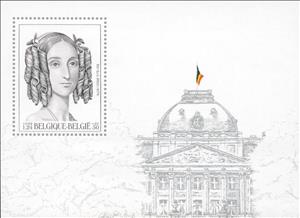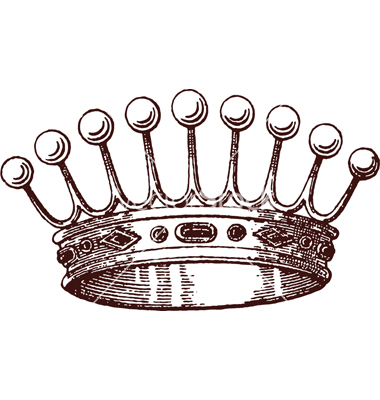Souvenir Sheet: Promotie filatelie (Belgium 2001)
Promotie filatelie (Belgium 2001)
10 February (Belgium ) within release Theme goes into circulation Souvenir Sheet Promotie filatelie face value 50+25 Belgian franc
| Souvenir Sheet Promotie filatelie in catalogues | |
|---|---|
| Michel: | Mi:BE BL78 |
| Belgium: | Bel:BE BL88 |
Souvenir Sheet is horizontal format.
|
Data entry completed
80%
|
|
|---|---|
| Souvenir Sheet Promotie filatelie in digits | |
| Country: | Belgium |
| Date: | 2001-02-10 |
| Size: | 125 x 91 |
| Emission: | Commemorative |
| Format: | Souvenir Sheet |
| Face Value: | 50+25 Belgian franc |
Souvenir Sheet Promotie filatelie it reflects the thematic directions:
A Royalty is the immediate family of a king or queen regnant, and sometimes his or her extended family. The term imperial family appropriately describes the family of an emperor or empress, and the term papal family describes the family of a pope, while the terms baronial family, comital family, ducal family, grand ducal family, or princely family are more appropriate to describe the relatives of a reigning baron, count, duke, grand duke, or prince. However, in common parlance members of any family which reigns by hereditary right are often referred to as royalty or "royals." It is also customary in some circles to refer to the extended relations of a deposed monarch and his or her descendants as a royal family. A dynasty is sometimes referred to as "the House of ...". As of July 2013, there are 26 active sovereign monarchies in the world who rule or reign over 43 countries in all
Famous People refers to the fame and public attention accorded by the mass media to individuals or groups or, occasionally, animals, but is usually applied to the persons or groups of people (celebrity couples, families, etc.) themselves who receive such a status of fame and attention. Celebrity status is often associated with wealth (commonly referred to as fame and fortune), while fame often provides opportunities to make money.
Philately (/fɪˈlætəli/; fih-LAT-ə-lee) is the study of postage stamps and postal history. It also refers to the collection and appreciation of stamps and other philatelic products.While closely associated with stamp collecting and the study of postage, it is possible to be a philatelist without owning any stamps. For instance, the stamps being studied may be very rare or reside only in museums.



